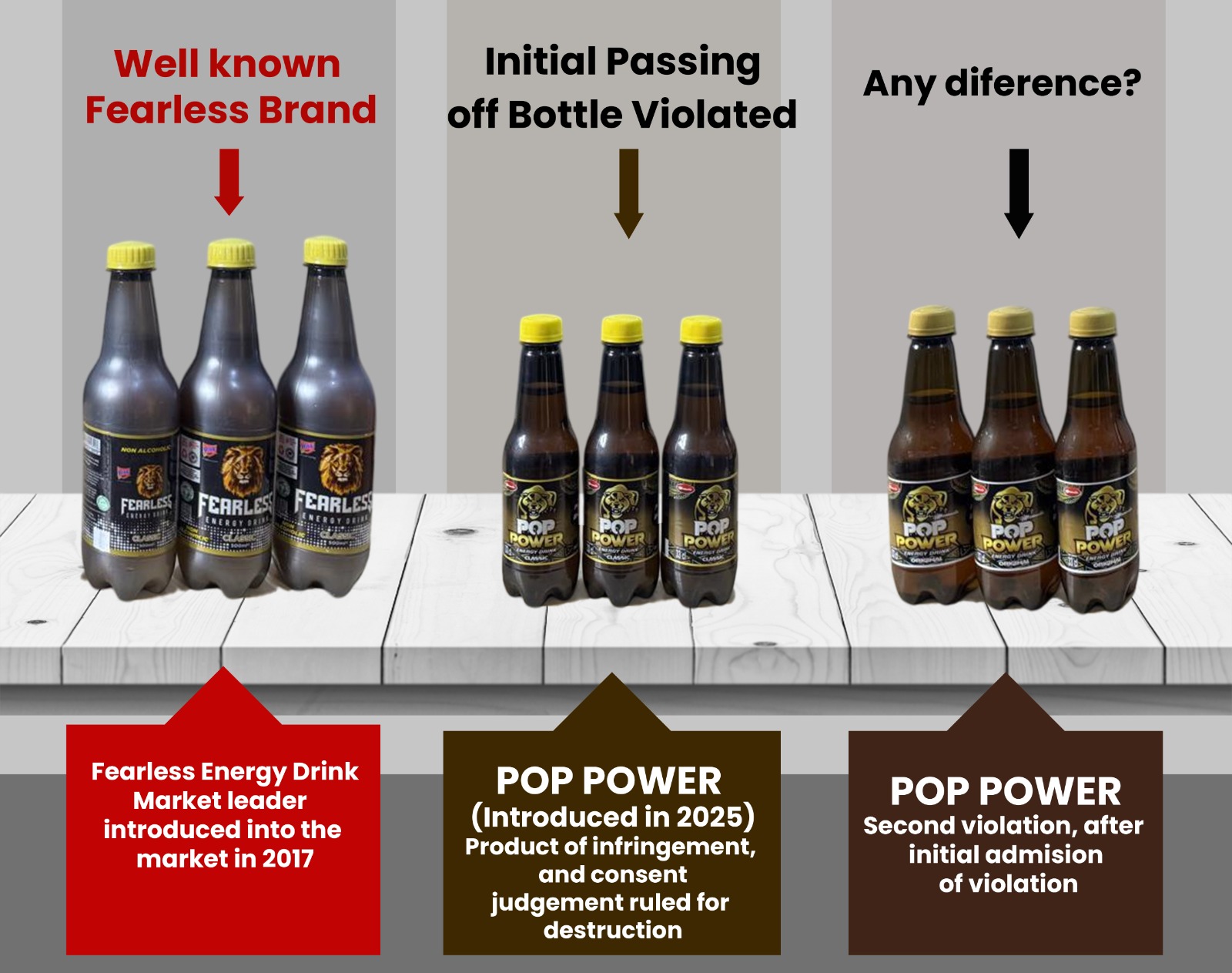When it comes to raising successful, caring and well-rounded kids, everything starts with the family. The best homes are compassionate homes, where children’s voices and feelings are prioritized.
Studies show that by age three, children begin to show genuine compassion and empathy, and are able to understand that their feelings and experiences can be different from those of others.
A parenting coach, Dr. Traci Baxley highlights some of the toxic parenting mistakes that can make kids more selfish and entitled in adulthood:
1. Saying yes to almost everything
Studies show that children who grow up with a sense of entitlement — which comes from over-parenting and overindulging your children — are more concerned about themselves, show less empathy for others, lack a strong work ethic, and may behave as if rules don’t apply to them.
Teaching compassion to your children requires you to start saying no sometimes. No, you’re not going to clean up after them. No, you’re not going to buy them that thing they want. No, you’re not going to be spoken to in that way.
Giving consequences to their unhealthy actions will support their ability to see situations from various viewpoints.
If your child calls his sibling a name, for example, don’t let it slide. Instead, say: “I feel [insert your feelings] when you talk to your brother that way. Being kind to your brother is a rule in our house. Calling him [insert name] is unacceptable, and there are consequences for that behaviour.”
2. Failing to create teaching opportunities
You may think they’re not paying attention, but kids watch very closely to see how you respond to situations. You want them to witness the way you see the good in everyone, no matter how small the issue or who the person is.
Even the youngest children can get used to the idea of putting themselves in someone else’s shoes. For example, I want my sons to want to help and think of each other more often:
Me: “I’m fixing sandwiches. What kind do you want?”
Son: “Turkey, please!”
Me: “What should I make for your brother?”
Son: “Turkey!”
Me: “Hmm. That’s definitely the sandwich you want because it’s your favourite. But let’s think about your brother. How do you think he’d feel if he came home and saw your favourite sandwich made for him? What do you think he’d say about the sandwich that he wanted?”
Son: “He’d have wanted peanut butter and jelly?”
Me: “Yes, I love how you thought about your brother’s feelings and what would make him feel happy.”
3. Not addressing what’s happening in the world
By the time children are eight years old, they’re able to understand that a person’s feelings may not be based on what’s going on with them at the moment, but instead may be a byproduct of their general life circumstances.
During this developmental period, children also grow a more concrete understanding and empathy for a group of oppressed people. This is why it’s so important to talk to them about what they might be seeing in the news, hearing outside of the home, or reading on social media.
Use these moments to model how to show genuine care, support or speak up for others. The more seeds of compassion you sow, the more your children will harvest a life of service for others.
4. Giving them everything without enforcing gratitude
Working for their allowance or because they are part of the family teaches children to support others, which helps them understand the importance of community and teamwork.
Children learn to be grateful when they don’t get everything that they ask for. Allow them to want those extra things. Teach them to say “thank you” (even when it’s for Aunt Ethel’s bland fruitcake). Have them keep a “grateful journal.”
In our house, we have a whiteboard on the front door and the kids have to write an answer to a daily question before they leave each day. That question is often centred around gratitude and giving thanks.
5. Not introducing them to volunteer work
We can’t always experience what someone else has gone through, but we can connect on a human level through volunteering.
Compassion in a community means coming together around this common idea of seeing others and trying to understand their lived experiences — in ways that open your heart to showing up for them.
I urge parents to work untiringly to alleviate the suffering of their neighbours, to wrangle our egos, and to honour the sacredness of every human being. This is how I choose to live my life and how I want to raise my children to live theirs.
Authored by:
Dr. Traci Baxley, a professor, parenting coach and author of “Social Justice Parenting: How to Raise Compassionate Anti-Racist Justice Minded Kids in an Unjust World.”
CNBC



























Leave a Reply